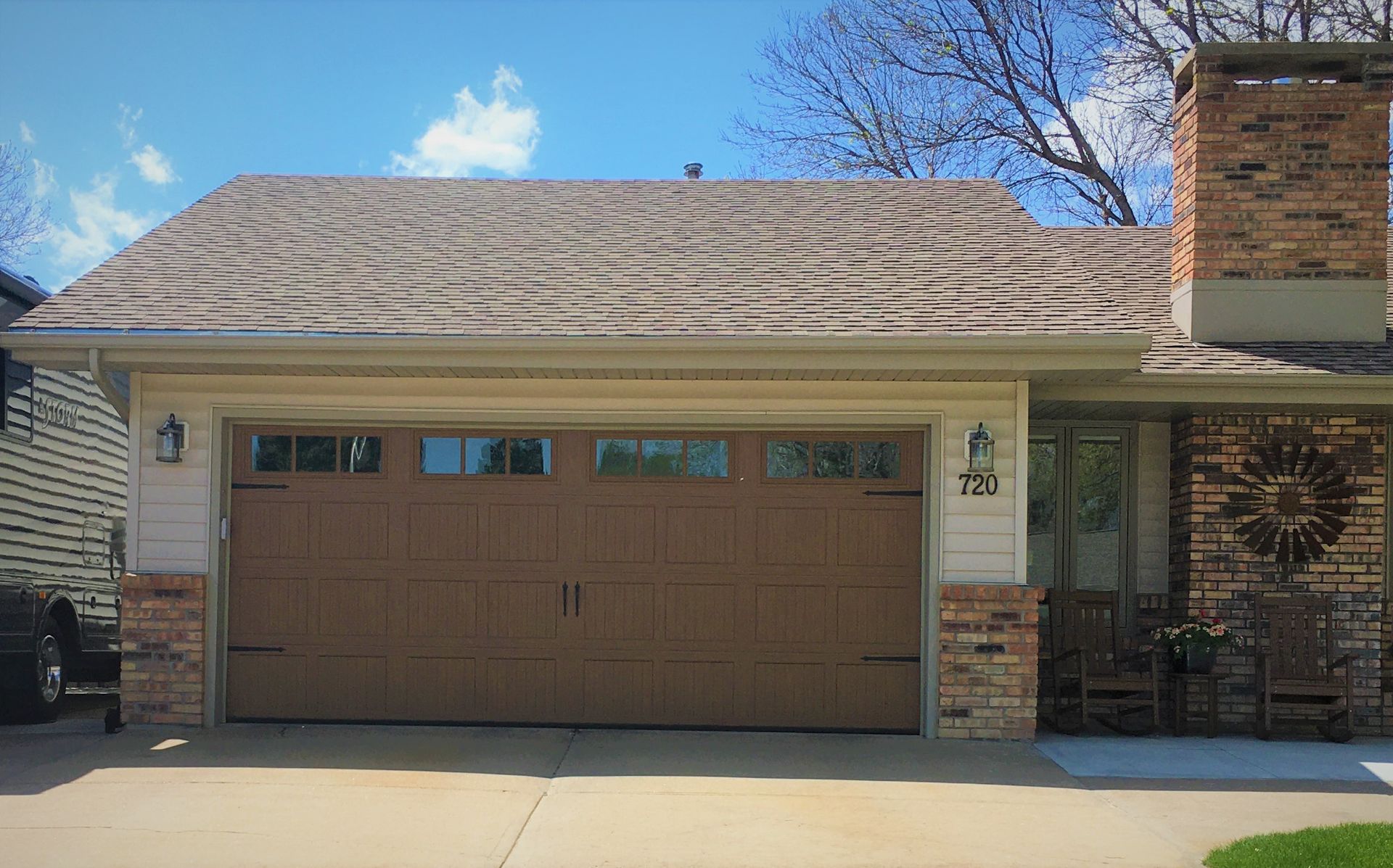Often overlooked, roof insulation plays a key role in enhancing your home’s energy efficiency. Learn how it improves roof performance, reduces energy bills, and boosts indoor comfort.
The Connection Between Insulation and Roof Effectiveness
Proper insulation is key to roof performance. It prevents heat loss in the cold months and keeps your home cooler in the heat, providing a more comfortable living environment year-round.
The Impact of Insulation on Energy Bills
Without proper insulation, your heating and cooling systems must work harder to maintain the desired indoor temperature, leading to higher energy bills. By upgrading your roof insulation, you can minimize energy loss, reduce heating/cooling expenses, and lower your carbon footprint.
Top Tips for Improving Roof Insulation
- Check the R-Value: The higher the R-value, the better the insulation's performance. Choose the right R-value for your climate zone.
- Upgrade to Reflective Insulation: Reflective insulation can help reduce heat absorption in warmer climates, improving energy efficiency.
- Seal Air Leaks: Ensure that air leaks around vents, skylights, and chimneys are sealed to prevent warm or cool air from escaping.
- Insulating the Attic: Attic insulation is key to preventing heat loss through the roof, as heat naturally rises. Ensure your attic is well-insulated.

Weathercraft’s Recommendations for Optimal Insulation
At Weathercraft, we recommend using high-quality, eco-friendly insulation materials that provide long-lasting performance. Our experts will assess your home’s specific needs and recommend the best insulation solutions to maximize energy efficiency while staying within your budget.